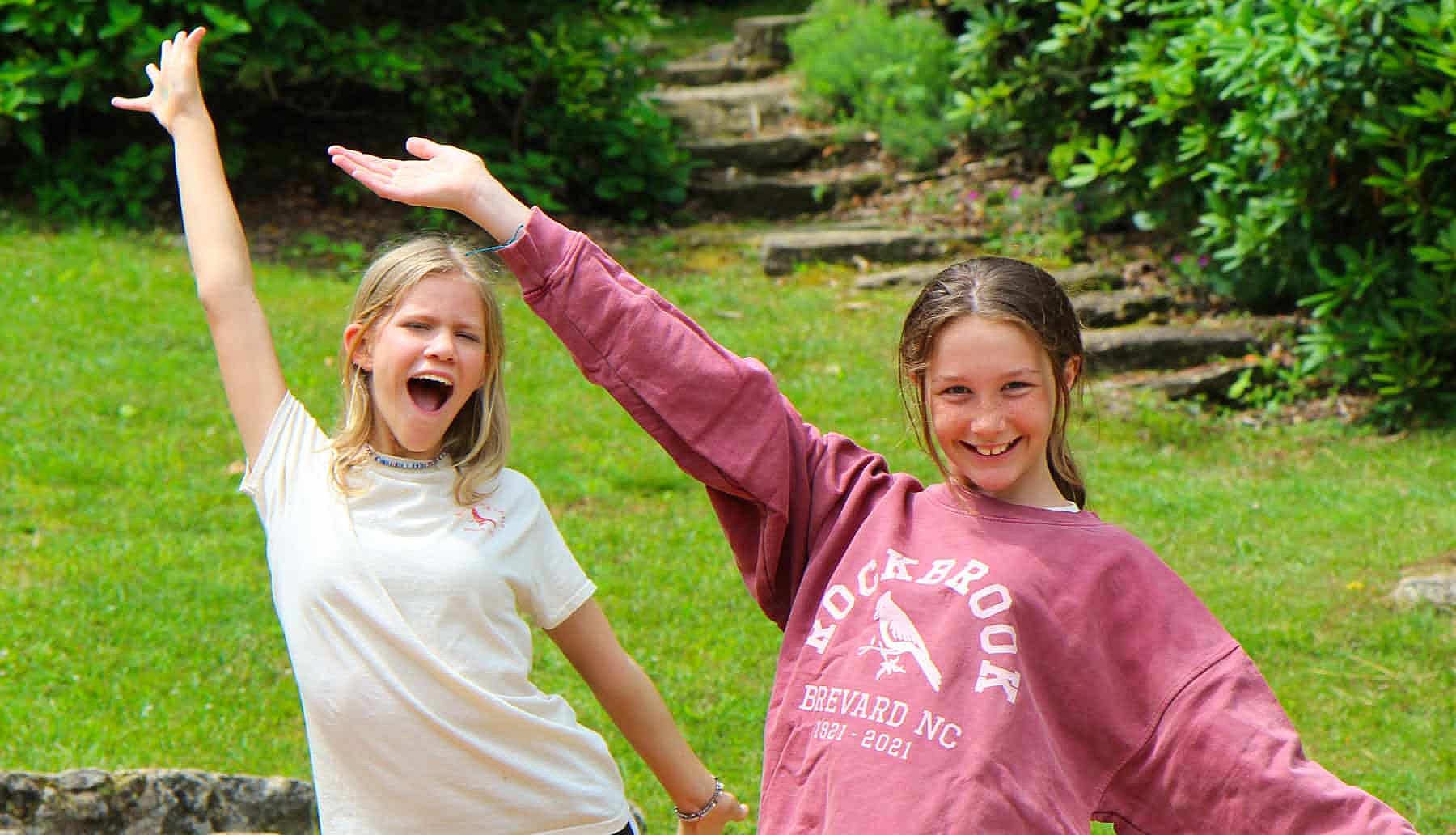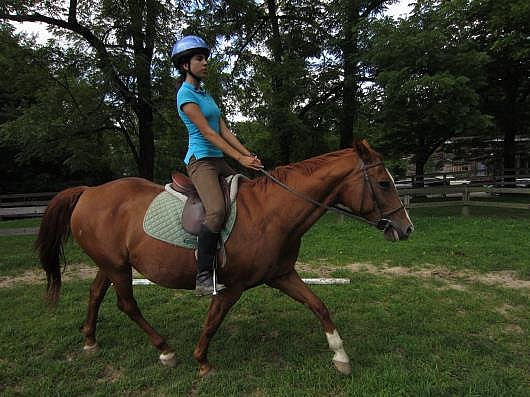Even when it seems like the walls are caving in, life can be a total blast. Below are 100 thoughts on how to turn a bad day into a good one. Our camp staff keeps these in their back pockets just in case. Lessons on life that apply!
1. If it seems like the sky is falling, catch it.
2. It’s not the number of zeros on your paycheck that makes you rich.
3. Knowing right from wrong is only half the battle.
4. A smile will do more for your face than any powder, shadow, or serum.
5. Stop signs exist for a reason (as do blinkers).
6. Ask people questions about themselves. They love it.
7. Before a dinner party, memorize at least three jokes.
8. You’re never too old to jump on a trampoline.
9. More than likely, the book is better than the movie.
10. Get to know your neighbors.
11. If you use the last of the toilet paper, change the roll.
12. Hold the door.
13. Admit when you’re wrong.
14. It’s rarely a good idea to cut your own hair.
15. Turn off the TV during dinner.
16. Punxsutawney Phil isn’t always right.
17. It’s better to laugh with, than to laugh at.
18. Stand for something.
19. Things don’t always have to make perfect sense to make perfect sense. Look at Dr. Suess.
20. Just because you wake up on the wrong side of the bed, it doesn’t mean you have to lay there all day.
21. Give your phone a break.
22. Sometimes, homemade pizza is just better.
23. Know your friend’s birthdays.
24. You can cheer on your own team without booing the opposition.
25. Know exactly which documents you need before you go to the DMV.
26. Don’t hit the snooze button more than twice in one morning.
27. Remember that you can choose to be your own worst critic or your own biggest fan. Try to find a balance between the two.
28. The check engine light in your car is not just a suggestion.
29. Never underestimate the power of a thank you note.
30. Your comfort zone is just a jumping off point.
31. Buy Girl Scout cookies.
32. Don’t put the carton of milk back in the fridge if it has anything less than a full glass in it.
33. Even if you don’t celebrate a particular holiday, respect those that do.
34. If your towel is wet, hang it up.
35. Every now and then, get a little dirt underneath your fingernails.
36. You’re going to end up with more Tupperware containers than you’ll have lids to fit them. That’s just how life goes.
37. It’s okay to tell someone if they have something in their teeth.
38. The best wedding guest is the one who dances her heart out when the music starts.
39. Everyone in life can be a teacher.
40. If you’ve laughed so hard that you’ve snorted, it’s been a good day.
41. Be patient with your friends around April 15th. Filing taxes can be stressful.
42. GPSs can make mistakes.
43. Appointment books are a lifesaver.
44. Take advantage of the library.
45. If someone needs an umbrella more than you, give them yours.
46. See the best in people
47. Never stop learning.
48. Set your clock ten minutes early.
49. Learn when to speak up and when to stay quiet.
50. Memorize the Pledge of Allegiance.
51. Leave a big tip.
52. Stay hydrated.
53. Be mindful of your internet presence.
54. Cherish family photo albums.
55. If you meet any couple married for more than 20 years, ask them the secret to love.
56. Spend time outside.
57. Always have an extra cup of sugar on hand for the neighbors.
58. The only way to tell if your sauce is any good is by tasting it yourself.
59. Keep snacks in your purse. Hunger is a grouchy mood’s best friend.
60. Invest time and energy into your relationships with your coworkers.
61. Sometimes, it’s more about the question than the answer.
62. Floss daily.
63. Tone and inflection matter to people’s feelings.
64. When sharing food, give your friend the last bite.
65. Even if someone is driving well below the speed limit, do not tailgate them.
66. Don’t keep tabs on every single debt you are owed.
67. Spend your lifetime believing that you are in the right place at the right time.
68. Every now and then, take out your headphones. Let everyone enjoy your music.
69. Be thankful for every candle on your birthday cake.
70. Never mind the naysayers.
71. Realize that you have a stroke of genius in you.
72. Take healthy risks daily.
73. If you’re walking outside on a cold day, keep a tissue in your pocket.
74. Be more than just how you look.
75. Keep a bowl of candy on your desk.
76. It’s never to late to learn how to swim.
77. If someone asks, “Can you do me a favor?” Say yes whenever possible.
78. Study history.
79. Don’t scratch mosquito bites,.
80. Make a wish on shooting stars, dandelion seeds, face-up pennies, eyelashes, and anytime a clock strikes 11:11.
81. Learn how to identify poison ivy.
82. Even if you don’t love the food, thank the host.
83. Create a bucket list.
84. Don’t always take fashion advice.
85. Always know the date.
86. Divide large projects into a series of smaller, more manageable tasks.
87. Tell loved ones how much they mean to you.
88. Not every flower needs to be picked.
89. Never consider loving chocolate a vice.
90. Invest in a First Aid Kit.
91. Roast a marshmallow every once in a while.
92. Surprise yourself.
93. Remain calm when you stain your shirt or jam the copier.
94. Be okay with mismatched socks.
95. Just because the sky is gray, it doesn’t mean you have to feel blue.
96. If you’re picking someone up at the airport, bring flowers.
97. Don’t ignore mold on food.
98. Laugh daily.
99. Go with your gut.
100. Take every bit of advice with a grain of salt.










